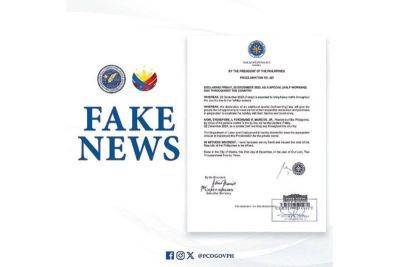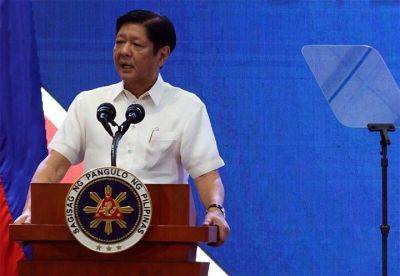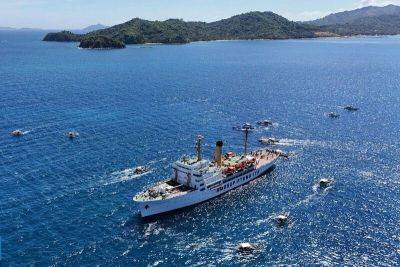PISA: Philippines 5 to 6 years behind
MANILA, Philippines — The dismal performance of the Philippines in the 2022 Program for International Student Assessment (PISA) indicates that students in the country are five to six years behind in learning competencies, according to the Department of Education (DepEd).
“If we follow the computation (of PISA) with caveats, based on the OECD (Organization for Economic Cooperation and Development) with socioeconomically advantaged students, we can see that (we) are around five to six years behind,” Alexander Sucalit, officer-in-charge of the DepEd’s Bureau of Education Assessment-Education Research Division, told reporters.
Based on the PISA report released last Tuesday, the mean scores of countries that participated in the 2022 PISA were 472 for mathematics, 476 for reading and 485 for science.
The Philippines scored about 120 points less than the average scores in its 2022 assessment: 355 for math, 347 for reading and 373 for science.
This meant that every 20 points lacking from the average represent one year of annual pace of learning of 15-year-olds in countries that participate in the PISA, according to the OECD.
“But we have to be cautious in interpreting this because different countries have different paces of learning, so it’s just an estimate for the participating countries. We look not only at this figure, but we also look at other factors,” Sucalit explained.
For the second time, the Philippines landed in the bottom 10 out of 81 countries in reading comprehension, mathematics and science, based on the 2022 PISA.
Indicators of the test, however, showed that despite moving up the rank, the performance of students showed minimal improvement.
Overall, the Philippines achieved a 2.2-percentage point hike in mathematics from 2018 to 2022, 6.9 percent in reading and a 0.8-percent drop in science proficiency.
The PISA, developed by the OECD, measures 15-year-olds’ ability to use their reading, mathematics and science knowledge and skills to meet real-life challenges.
Gina Gonong, the DepEd’s undersecretary for curriculum and teaching, expressed belief that the Philippines’ performance was still “positive,” considering most OECD countries saw a drop in







